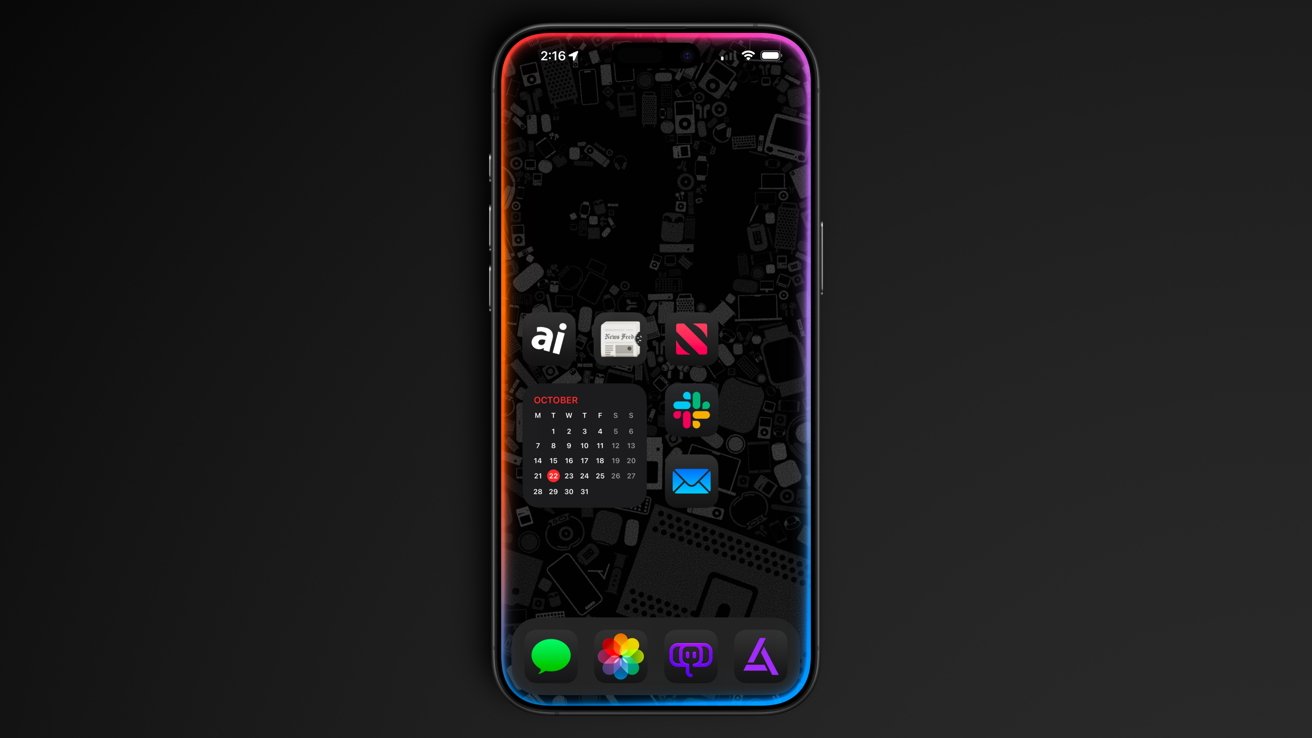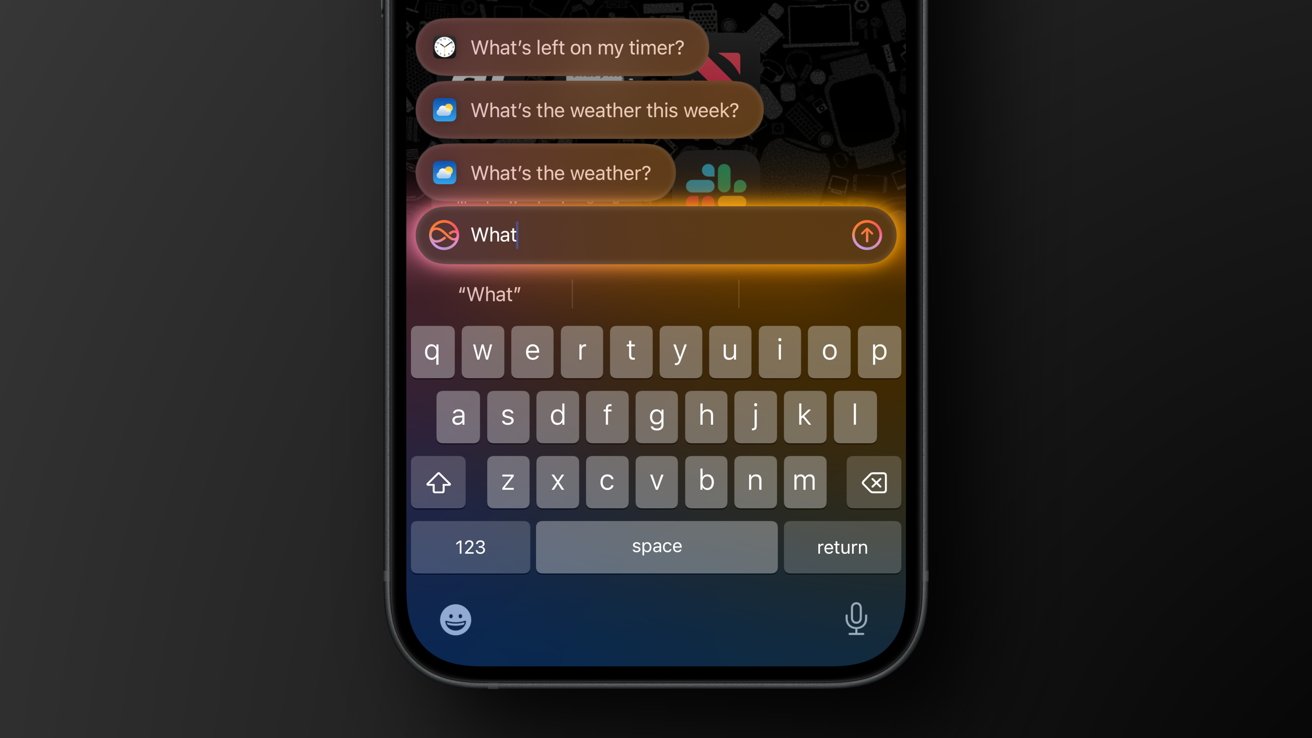While affected customers await their $20, Apple has shared a statement on how it handles user data in regard to Siri, reaffirming that voice recordings aren't being used to sell you Air Jordans.
Apple released Siri in 2011 as the first built-in smart assistant for smartphones. From that moment through to today, the company has asserted that users maintain absolute privacy while using the digital assistant.
However, it wouldn't be the United States if stories about contractors hearing conversations via Siri recordings didn't turn into a class action lawsuit. Despite the frivolity of the lawsuit, based around users claiming Apple was selling voice recordings to ad agencies so they would see ads for shoes, it ultimately ended in a settlement.
An update on Apple's newsroom seems to be a direct response to the settlement, even if it isn't said explicitly. Apple didn't make much public comment on the case, and it asserts that user data wasn't sold or used for the alleged purposes even though it agreed to settle.
To be clear, Siri data has never been used for advertising, your phone isn't "listening" to you, and Apple's commitment to privacy isn't secretly a ploy to get users to let their guard down. Listening to users speak through their devices might actually be the least efficient way to learn about them.
What Siri is actually doing
Devices with "Hey Siri" turned on listen for the wake word using a simple waveform analysis that throws out data as it arrives until the wake word is observed. A few seconds ahead of and after the end of a command is processed to provide whatever the user is asking.

Users that opt into sharing voice recordings will randomly have snippets of their Siri commands sent to human contractors for analysis. The purpose is to see what Siri heard, how it responded, and if it performed what the user wanted.
This data is totally anonymized and can't be traced back to the user. Unless you're uttering your full name, address, and other private details in the audio snippet, there is literally no way to tie a recording to an individual.
Contractors did report hearing conversations, private details, or embarrassing moments in the recordings, especially for snippets that appear to be from instances where Siri was activated accidentally. That said, if you're uncomfortable with a stranger hearing your disembodied voice with no way of knowing who you actually are, you can opt out.
Users have always been able to opt out of offering data to improve Siri.
Apple is well aware of the privacy risk of handling user data, so it has taken steps to minimize the data it needs and keeps shrinking that down over time. In many cases, a request can take place entirely on device without anything going to Apple.
Siri is a terrible shoe sales bot
Even if Apple were secretly lying, gathering user data, and building advertising profiles to sell to the highest bidder, it would be incredibly inefficient. Advertisers don't need devices to listen to users or Apple's random voice snippets — they have Meta, Google, Amazon, credit card companies, and data brokers.

The internet as it exists in 2025 is built to suck up as much data about the user as possible. Cookies track you, your IP address is visible too, and just seeing a Facebook widget on a webpage is enough to tell the company you were there.
Meta doesn't need to hear you say "Air Jordans" to know you're interested in them. Dwell too long on a photo of a person wearing them on Instagram, click on a link in a blog to a Jordans sales page, or be on the same Wi-Fi network as someone else that searches Google for them, and now you'll see ads for them.
If you're creeped out by the idea that some random person might hear you speak out loud because Apple is deliberately violating your privacy (it isn't), then the reality might actually be your undoing. The worst part is, a lot of the data that's out there revealing every intimate detail of your life to advertisers was likely provided by you voluntarily by being a Google, Meta, or Amazon user.
Apple believes privacy is a fundamental right, and while it is a multi-trillion-dollar company that doesn't care about us individually, it does seem to be run by people that embrace the concept. It is one of the few, if not only, tech companies that prove again and again that user data isn't its business model.
If you still need convincing, look to how the data-sucking companies react to every privacy-first initiative proposed by Apple. Either way, at least you're getting $20 out of it.